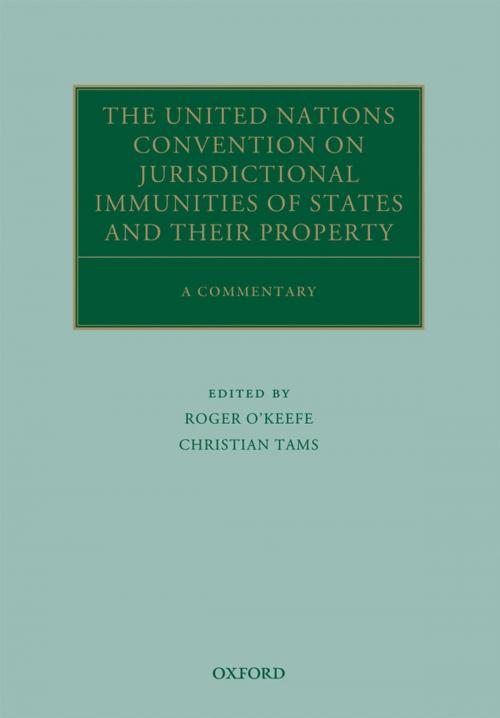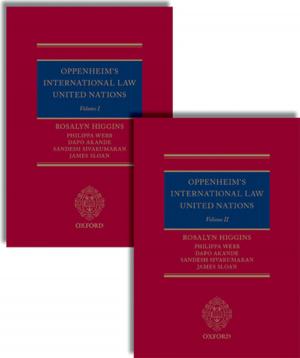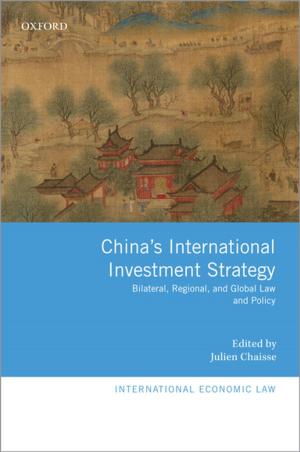The United Nations Convention on Jurisdictional Immunities of States and Their Property
A Commentary
Nonfiction, Reference & Language, Law, International| Author: | Antonios Tzanakopoulos | ISBN: | 9780191632211 |
| Publisher: | OUP Oxford | Publication: | March 21, 2013 |
| Imprint: | OUP Oxford | Language: | English |
| Author: | Antonios Tzanakopoulos |
| ISBN: | 9780191632211 |
| Publisher: | OUP Oxford |
| Publication: | March 21, 2013 |
| Imprint: | OUP Oxford |
| Language: | English |
State immunity, the idea that a state, including its individual organs, officials and other emanations, may not be proceeded against in the courts of another state in certain instances, has long been and remains a source of international controversy. Although customary international law no longer recognizes the absolute immunity of states from foreign judicial process, the evolution of the contemporary notion of restrictive state immunity over the past fifty years has been an uncoordinated and contested process, leading to disputes between states. The adoption, in 2004, of the United Nations Convention on Jurisdictional Immunities of States and Their Property has significantly contributed to reaching consensus among states on this fundamental question of international law. This book provides article-by-article commentary on the text of the Convention, complemented by a small number of cross-cutting chapters highlighting general issues beyond the scope of any single provision, such as the theoretical underpinnings of state immunity, the distinction between immunity from suit and immunity from execution, the process leading to the adoption of the Convention, and the general understanding that the Convention does not extend to criminal matters. It presents a systematic analysis of the Convention, taking into account its drafting history, relevant state practice (including the considerable number of national statutes and judicial decisions on state immunity), and any international judicial or arbitral decisions on point.
State immunity, the idea that a state, including its individual organs, officials and other emanations, may not be proceeded against in the courts of another state in certain instances, has long been and remains a source of international controversy. Although customary international law no longer recognizes the absolute immunity of states from foreign judicial process, the evolution of the contemporary notion of restrictive state immunity over the past fifty years has been an uncoordinated and contested process, leading to disputes between states. The adoption, in 2004, of the United Nations Convention on Jurisdictional Immunities of States and Their Property has significantly contributed to reaching consensus among states on this fundamental question of international law. This book provides article-by-article commentary on the text of the Convention, complemented by a small number of cross-cutting chapters highlighting general issues beyond the scope of any single provision, such as the theoretical underpinnings of state immunity, the distinction between immunity from suit and immunity from execution, the process leading to the adoption of the Convention, and the general understanding that the Convention does not extend to criminal matters. It presents a systematic analysis of the Convention, taking into account its drafting history, relevant state practice (including the considerable number of national statutes and judicial decisions on state immunity), and any international judicial or arbitral decisions on point.















